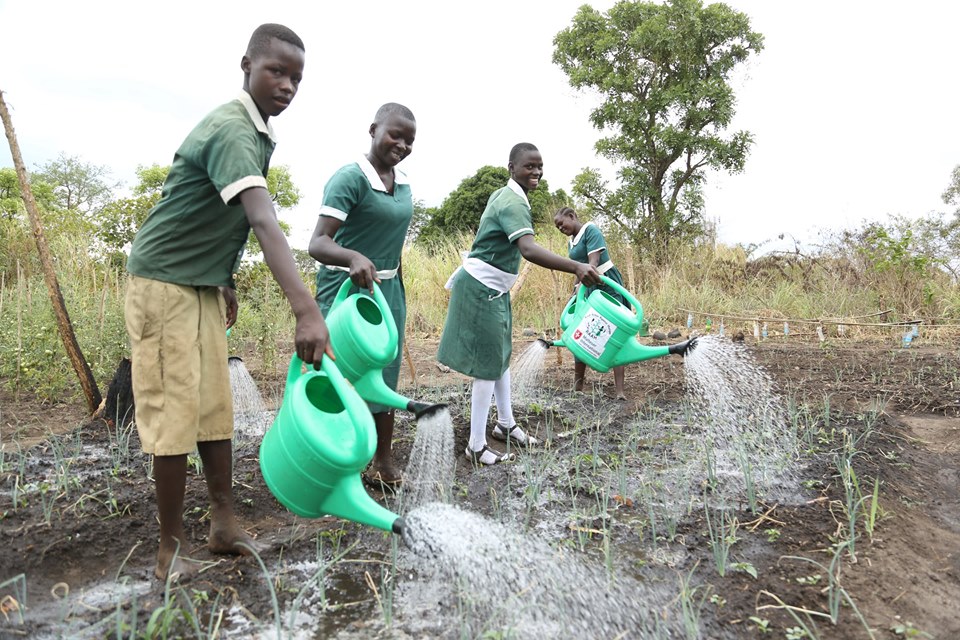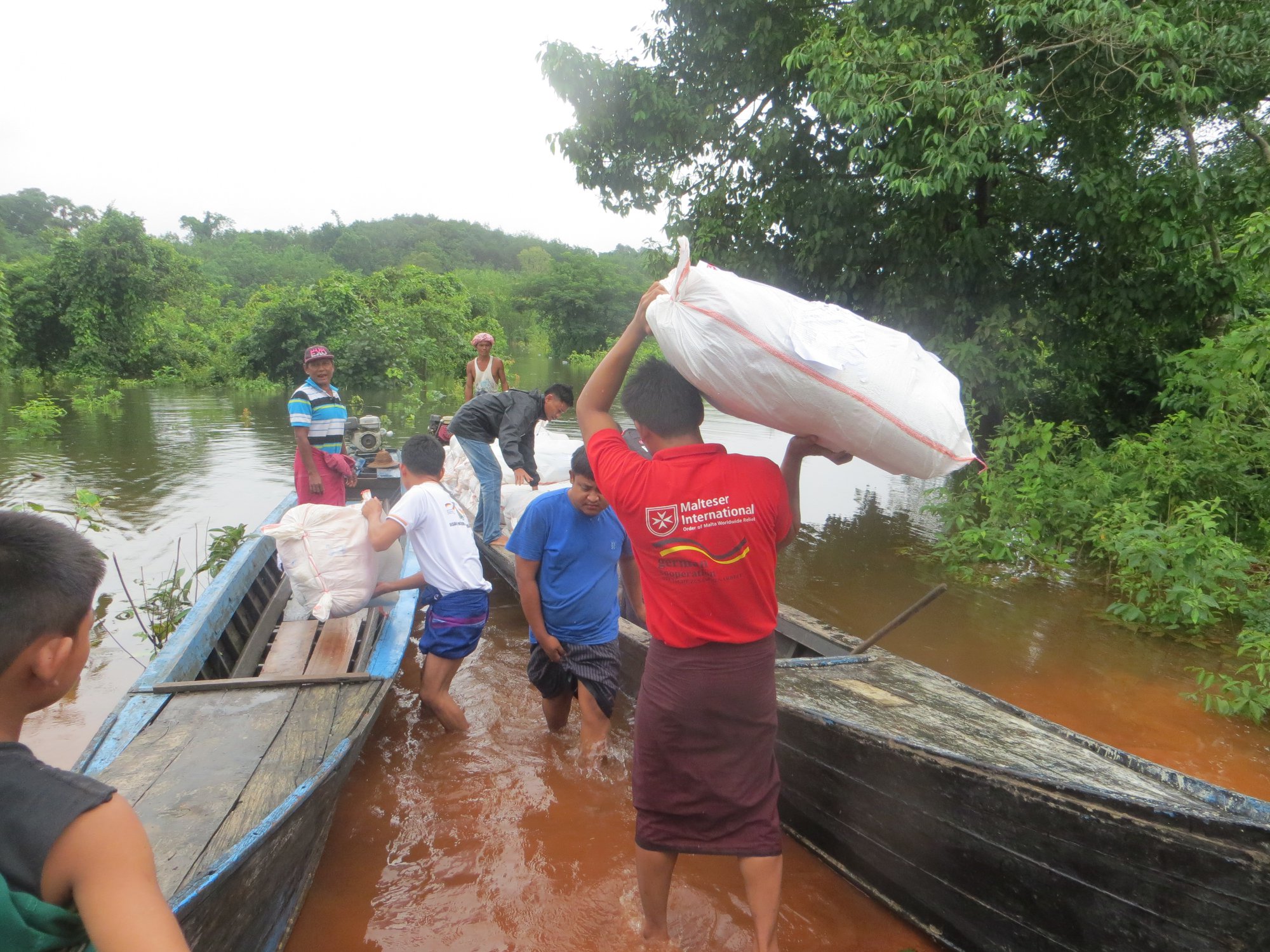How the Church and religious institutions and organizations are addressing the challenges posed by climate crisis and its effect on migration, and what action should be taken in order to respond more effectively to the growing needs of populations displaced. These are some of the questions discussed in the latest online Consultation on climate crisis and displacement or migration, organized on Tuesday by the Migrants & Refugees Section of the Integral Human Development Vatican Dicastery to which the Order of Malta was invited.
Participants were encouraged to present practical cases to show how each institution is dealing with this growing and urgent phenomenon. The Order of Malta, through it’s diplomatic advisor Ambassador Giuseppe Morabito, was able to share some examples of projects which have been adapted to address the challenges posed by the violent effects of droughts, floods, desertification, and rise of sea level due to global warming.
In Northern Uganda, for example, Malteser International, the Order of Malta’s worldwide relief agency, has promoted carbon neutral constructions through the production of high-quality building panels derived from rice straw, which is a waste product. This way, new jobs for South Sudan refugees and members of local communities have been created along the implementation of environment protection measures. Other examples offered come from Haiti and India. In Haiti, some 900 farmers have been trained in sustainable agriculture with a focus on biodiversity, whereas in India Malteser International has implemented a project to improve food security and strengthen the resilience of disadvantaged Dalit and Tribal communities against drought in the Thar Desert in Rajasthan which has produced a significant decrease in migration rates.
“Faith-based institutions have a unique role to play, starting from their attitude to dialogue with people belonging to different confessions”, explained Ambassador Morabito. He then stated that the projects run by the Order of Malta are deeply inspired by the need to protect the environment, as indicated in the Enciclical “Laudato Sì” where Pope Francis mentions the concept of “integral ecology” whereby people and the earth and profoundly interconnected. Therefore, investments should aim at enhancing the capacities of the local civil society and at working closely with partners on the ground. Likewise, small scale projects, especially in agriculture, should be given more importance: firstly they do not eradicate people from where they live, and secondly they create jobs and are environmentally sustainable.















